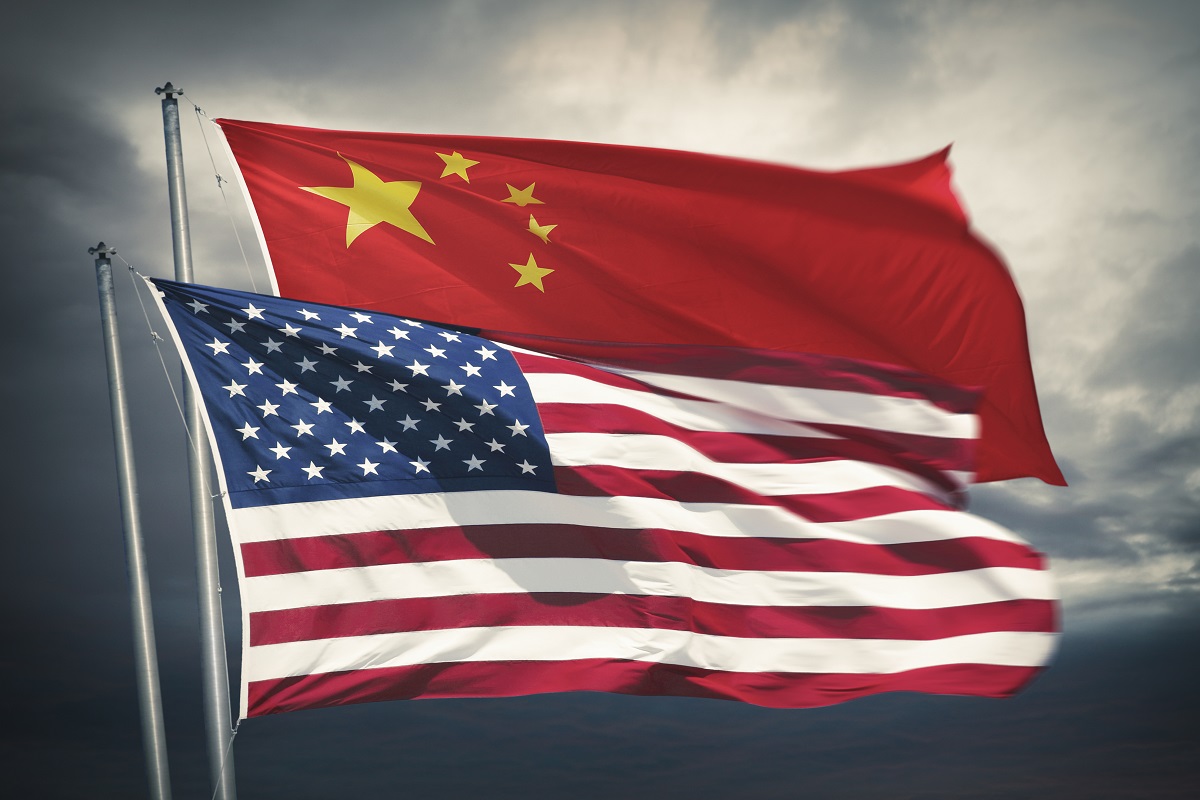On the eve of the international conference on climate change, quite the most reassuring development must be that the USA and China have agreed to cooperate on the seemingly intractable issue of climate change.
The pledge, which hopefully will influence the negotiations at the high table, comes after several meetings between China’s climate envoy, Xie Zhenhua, and his US counterpart, John Kerry, in Shanghai last week. Days ahead of the jaw-jaw, the two agreed on further specific actions to reduce emissions, a joint statement has confirmed.
Advertisement
“The United States and China are committed to cooperating with each other and with other countries to tackle the climate crisis, which must be addressed with the seriousness and urgency that it demands,” the statement said.
Both nations have been forthright in spelling out the objectives, but it will be unfortunate if a consensus eludes the developed and the developing blocs yet again.
The conference has been convened by President Joe Biden, but it is as yet uncertain whether his counterpart, President Xi Jinping, will be in attendance. Is China set for a ‘great leap’ on climate change? Suffice it to register that both nations will continue to discuss “concrete actions in the 2020s to reduce emissions aimed at keeping the Paris agreementaligned temperature limit within reach”.
Both nations have also agreed to help developing countries finance a switch to low-carbon energy. Fairly positive is the joint statement.
“It sends a very unequivocal message that on this particular issue ~ both China and the United States will cooperate. Before the meetings in Shanghai this was not a message that we could assume,” was the faint optimism expressed by Li Shuo, senior climate adviser for the environmental group, Greenpeace.
The joint statement ~ issued symbolically at a round table ~ will be greeted with a sense of relief by any country concerned about the planet to which the world belongs. Very pertinently has it been remarked that “it simply won’t be possible to stabilise climate change unless the superpower super-polluters, so-called, pull much harder.”
According to a recent report, China must close down 588 coal-fired power plants to meet its climate pledges. There is no such signal of intent in the USChina joint statement, however. In point of fact, China’s regional governors have been building even more coal plants to stimulate the economy. One major outcome of the US-China meeting is the acknowledgement that the flow of finance should be channelled to low-carbon ~ and not high carbon ~ projects. Both sides have also promised to reduce their own emissions further. For all that, climate is an issue that all other nations need to tackle… and not just the superpowers. The US-China forward movement must be sustained.











